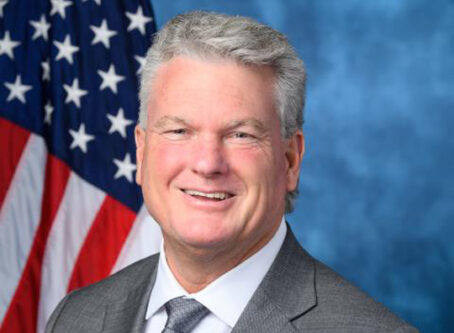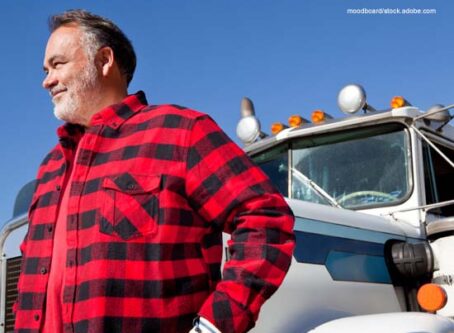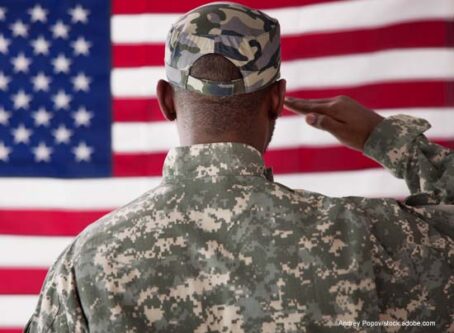Towing reforms approved, advance at statehouses
Multiple states have acted this year to address unfair towing practices.
Rule changes are touted to establish basic consumer protections from predatory towing for truck drivers and motor carriers.
The Owner-Operator Independent Drivers Association has worked for years with states to establish regulations to protect truck drivers involved in a nonconsensual tow.
Florida
Florida was the first state this year to act on the issue.
Gov. Ron DeSantis signed into law a bill that addresses concern about predatory towing practices.
The National Insurance Crime Bureau has reported the state is notorious for the practice.
Florida lawmakers worked to address the state’s lack of maximum rates for towing or storage. State law requires maximum rates to be set by each county. Cities are permitted to set maximum rates, in which case county rates do not apply. Maximum rates set by the Florida Highway Patrol apply when troopers call for a tow, unless the county or city has established rates.
Towing operators are permitted to claim a lien on motor vehicles for specified fees. Statute provides a process for foreclosing on such lien if fees remain unpaid.
Previously HB179, the new law adds a requirement for counties to establish maximum rates that towers may charge for cleanup and disposal of hazardous and nonhazardous materials incidental to a nonconsensual tow. Cities also are permitted to enact such rates.
In areas without established maximum rates, rates set by the Florida Highway Patrol will be recognized.
Rates also are required to be posted online. Counties, cities and the Florida Highway Patrol are mandated to establish a process for investigating and resolving complaints regarding fees charged in excess of such rates.
Additionally, towing and storage operators are mandated to maintain a rate sheet listing all fees related to vehicle recovery, removal or storage. A rate sheet must be posted at the place of business and must be provided upon request.
A rate sheet also must be made available at the scene of a tow to the owner or operator, if present.
Another addition to Florida law mandates that a towing operator must allow inspection and release of the vehicle within one hour after the owner, lienholder, insurance company representative or agent provides specified documents during normal business hours at the site where the vehicle is stored.
Florida Trucking Association President Alix Miller said the new rules are “a huge victory” for trucking in the state. She said HB179 will “weed out the predatory towing tactics of bad actors and make the entire industry better and safer.”
The rule revisions take effect July 1.
Mississippi
The state of Mississippi also has taken action to address concern about nonconsensual towing and charges for commercial vehicles.
One week ago, Gov. Tate Reeves signed into law a bill to establish a commercial vehicle towing advisory committee within the Commercial Transportation Division of the Mississippi Department of Public Safety.
The new panel is responsible for establishing regulations for towing and recovery service providers. Statewide maximum towing and storage rates for nonconsensual tows also will be set.
Additionally, per-pound billing for nonconsensual towing is outlawed.
A resolution process will be created for truck owners who dispute the towing and recovery fees and charges. Additionally, the seven-member advisory committee is responsible to provide towing rates based on certain standards.
Disciplinary action against towing and recovery service providers also will be established.
Another provision in the new law forbids law enforcement officers to receive compensation or any other incentive to select a particular towing and recovery service from a tow list.
The Mississippi Trucking Association welcomed the rule changes.
“Predatory towing is an egregious practice that not only disrupts our state’s supply chain but also costs Mississippi truck owners thousands of dollars for each unwanted tow,” MTA President Hal Miller said in prepared remarks.
Virginia
Virginia Gov. Glenn Youngkin acted earlier this month to sign into law two new rules intended to protect the public from predatory towing. Specifically, the changes prohibit solicitation of towing.
Sen. Bill Stanley, R-Franklin, explained the need to address a specific problem occurring throughout the state. Speaking at a recent hearing, Stanley said that all too often, tow truck companies are using first responders that respond to wrecks, disabled vehicles or trucks on the side of the road.
He added that tow companies “talk to these first responders and say if they provide their business card and it results in a tow, that (the first responder) will get a kick-back.”
In an effort to halt these actions, SB94 prohibits tow truck drivers and towing and recovery operators from solicitation or offering tow services in any manner, directly or indirectly, at the scene of any wrecked or disabled vehicle on a highway.
Violators will face up to $500 fines. Repeat offenders will face up to six months behind bars and/or a fine up to $1,000.
The second new law on the topic, HB1073, prohibits tow truck drivers from driving by the scene of a wrecked or disabled vehicle and initiating contact with the owner or operator of such vehicle by soliciting or offering towing services, and towing such vehicle, if the affected vehicle has a law-enforcement initiated tow.
Virginia State Police Maj. Ron Maxey explained to lawmakers the rule change is intended to address situations when an officer calls for a tow or when a vehicle owner or operator requests a specific tow service, and before the requested tow service arrives, the officer is dispatched to another call that requires leaving the scene.
He added that the rule revision “would prevent another vehicle from coming in and taking that vehicle out from underneath the police-requested tow.”
The new laws take effect on July 1.
Missouri
Still active in Missouri is a bill that focuses on predatory towing practices.
At issue is a state law that does not allow trucking operators who believe they were overcharged for a nonconsensual tow to file a complaint.
The House Transportation and Infrastructure Committee voted unanimously Wednesday to advance a bill that would change the rule. Specifically, HB2214 would permit truck drivers to file a complaint if they believe they were overcharged for a nonconsensual tow.
Another provision in the bill from Rep. Dave Griffith, R-Jefferson City, would permit truck drivers to retrieve their equipment, personal goods or other commodities while the tow bill is being processed.
Owners of goods transported in affected trucks also would be permitted to file a petition in circuit court asserting that the property was unjustly taken or withheld.
The amount required for release of a commercial vehicle for possession of a towing company would be 30% of the charges for towing and storage.
Griffith has told the committee the bill is intended to bring equity to owner-operator tow bills.
On April 3, the Owner-Operator Independent Drivers Association was present for committee discussion on HB2214.
OOIDA Executive Vice President Lewie Pugh spoke to lawmakers to share the concerns of the Association’s 7,600 Missouri-based members. He focused on the 30% security payment provision.
“This is a crucial first step in protecting truckers from exorbitant bills charged by unscrupulous towers for nonconsensual tows,” Pugh testified. “This will allow a trucker to get their equipment back, have it repaired and get back on the road to earn money for their business and their family.”
Pugh added that since the legislature began considering nonconsensual towing legislation in recent years, the amount of “grossly inflated” tow bills have significantly dropped.
He noted now is the time to make meaningful reform.
“Why not continue the progress and pass HB2214, along with building other safeguards in the future for trucking against outlandish, nonconsensual tow bills?” he said.
Critics question whether there is an actual problem in the state.
The bill awaits further consideration in the House. LL









